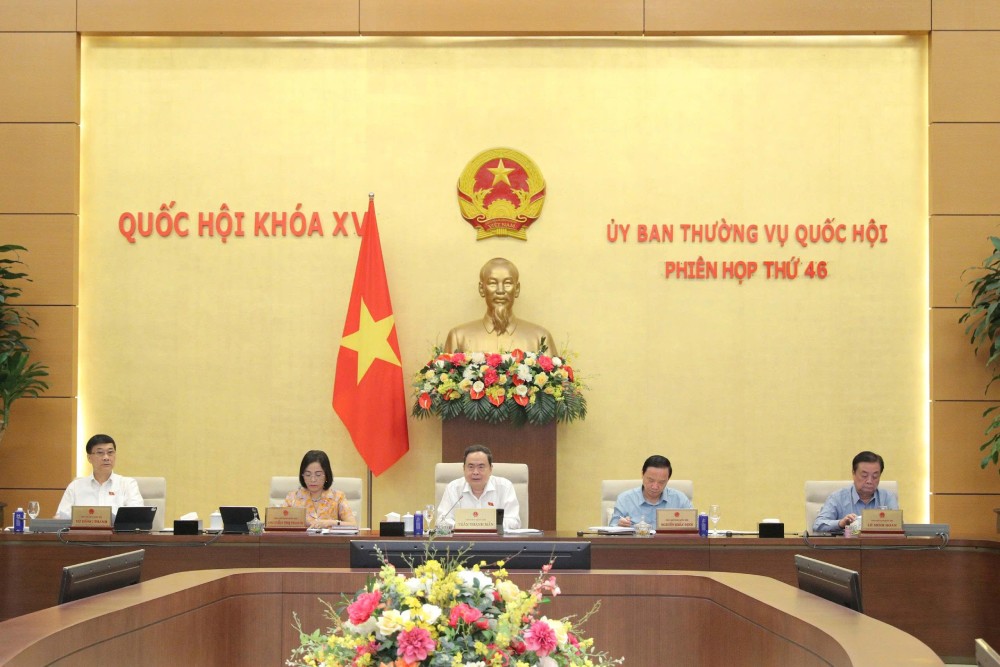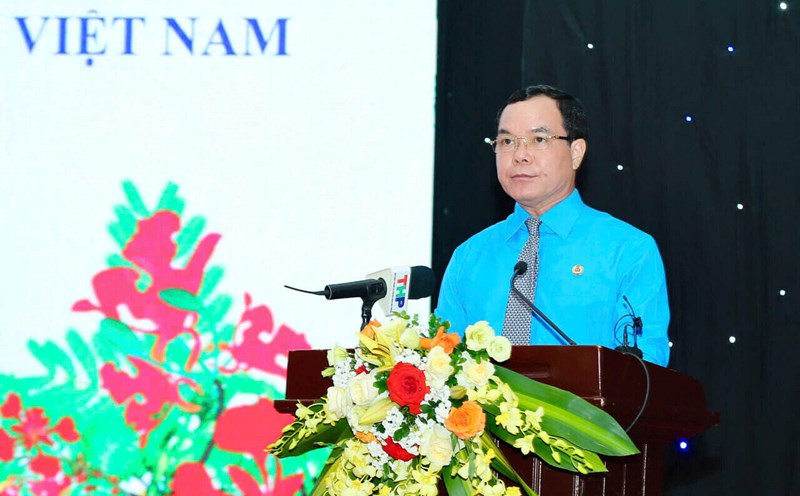On the morning of June 9, the National Assembly Standing Committee gave its opinion on the reception, explanation, and revision of the draft Law amending and supplementing a number of articles of the Law on Energy Efficiency and Savings.
Chairman of the National Assembly's Committee on Science, Technology and Environment Le Quang Huy said that the Standing Committee of the Committee found that the regulation on establishing a fund in the draft law was necessary to institutionalize Resolution No. 55-NQ/TW dated February 11, 2020 of the Politburo.
According to Chairman Le Quang Huy, many countries in the world have also established Energy Saving Funds to support energy efficiency activities (such as the US, Denmark, Germany, Japan, Korea, China and the European Union).
The Fund's activities will promote investment and use of energy-saving technologies and equipment, contributing to increasing labor productivity, innovating growth models, saving energy, ensuring energy security and protecting the environment.
The draft law has stipulated a number of main contents, which are principles on the model of organizing the Fund, the financial source for establishing the Fund, the operation of the Fund under the trust method...
Specific issues, the draft law assigns the Government and the Prime Minister to stipulate and demonstrate as in Clause 4.5, Article 41a.
Regarding the proposal to integrate the Fund into a number of other existing funds, the Standing Committee of the Committee believes that the Fund should be established separately to support projects using energy economically and efficiently with characteristics that require large capital sources and long capital recovery time.
The fund operates on the principle of ensuring full capital with capital mainly from socialization, while other funds such as the National Technology Innovation Fund, Environmental Protection Fund... use capital from the state budget and have low credit limits. Therefore, it is recommended to keep this content as in the draft law.

Another content of the draft law is to expand the scope of energy labeling for construction materials.
According to Chairman Le Quang Huy, construction materials used for buildings and works have a great influence on the energy efficiency of works.
The addition of energy labeling regulations for construction materials in the draft law is a legal basis for the Ministry of Construction to organize the implementation of energy-saving and efficient use measures in the construction industry. Thereby contributing to improving the competitiveness of businesses, expanding the market towards a green transition.
Therefore, it is necessary to add regulations on energy labeling for construction materials. In response to the opinions of delegates, the draft law has been reviewed and revised with relevant regulations, ensuring consistency and synchronization; at the same time, the Ministry of Construction has been assigned to specify this content.
The activity of labeling construction materials for energy is a new activity, so the draft law has developed policies to encourage and support businesses, organizations and individuals to comply with regulations.
At the same time, the Ministry of Construction was assigned to issue a list and roadmap for applying energy labeling for construction materials to suit actual conditions.











